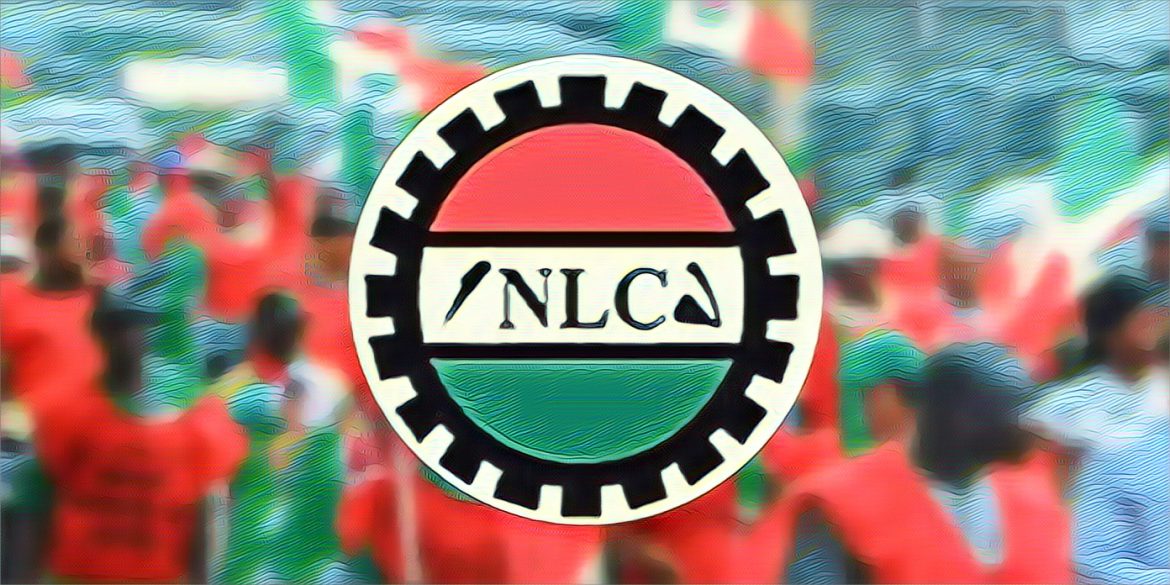Nigerian workers will face an anxious wait as President Bola Tinubu weighs the fate of a proposed minimum wage increase. The Nigeria Labour Congress (NLC), the country’s main union federation, called off a planned strike action scheduled for Tuesday, June 11th, 2024.
This decision comes after the Tripartite Committee on National Minimum Wage submitted its report to the President. Formed in early 2024, the committee included representatives from the government, labor unions, and employers. Their central task was to reach a consensus on a new minimum wage.
Competing Proposals Leave Minimum Wage in Limbo
The details of the Tripartite Committee’s report remain confidential. However, the NLC President, Joe Ajaero, revealed that labor unions proposed a substantial hike in the minimum wage, targeting N250,000 ($568 USD) per month. This stands in stark contrast to the N62,000 ($141 USD) proposed by the government and employer representatives.
Ajaero emphasized that submitting the N62,000 figure does not signify the NLC’s acceptance of this amount. The NLC’s National Executive Council will only deliberate on the matter once President Tinubu announces his final decision.
Ajaero also took aim at state governors who have publicly opposed the N62,000 minimum wage proposal. He questioned the governors’ claims of financial limitations, highlighting the disparity between some governors’ salaries and the revenue generated by their states. Ajaero pointed out that some states with lower revenue generation pay their governors significantly more than states with higher revenue.
Ajaero specifically praised Edo State Governor Godwin Obaseki, who has already implemented a N70,000 ($159 USD) minimum wage, as an example for other governors to follow.
Economic Pressures Stoke Worker Anxieties
The wait for President Tinubu’s decision has created a climate of uncertainty for Nigerian workers. The current minimum wage of N30,000 ($68 USD) has been in place since 2019. In the face of rising inflation, this amount is widely seen as inadequate to meet basic needs.
The NLC hopes that President Tinubu will consider the economic hardship faced by Nigerian workers and approve a substantial increase to the minimum wage. However, the significant gap between the NLC’s proposal and the government’s offer suggests that negotiations may continue behind the scenes.
The minimum wage debate has broader implications for the Nigerian economy. Businesses, particularly small and medium-sized enterprises (SMEs), have expressed concerns that a significant increase in the minimum wage could lead to job cuts. The government, on the other hand, argues that a higher minimum wage would boost consumer spending and stimulate economic growth.
Source: Punch


